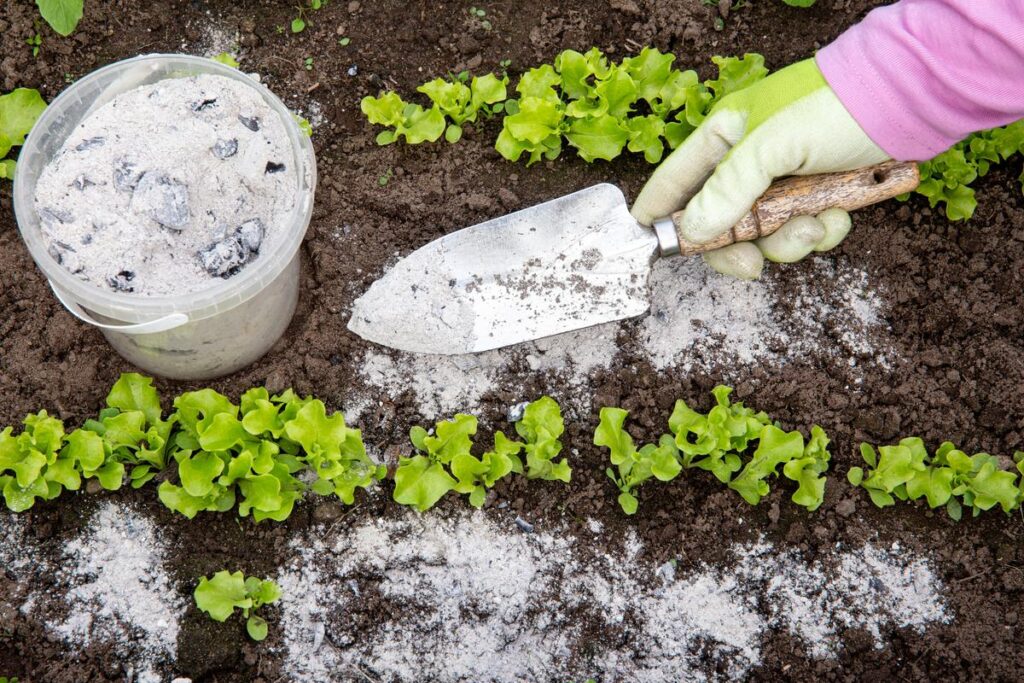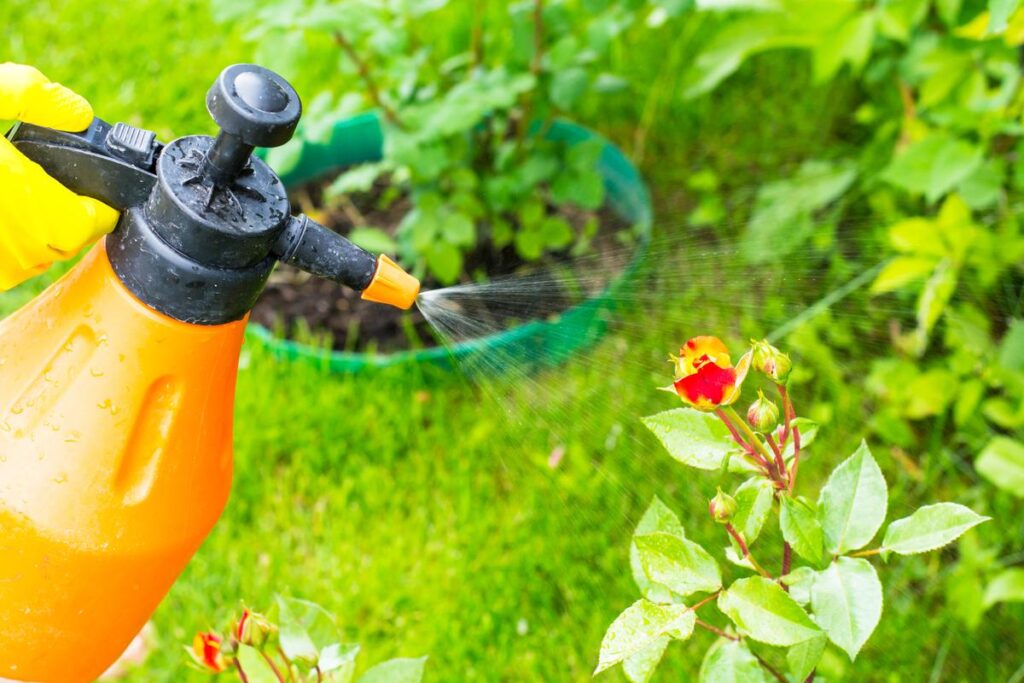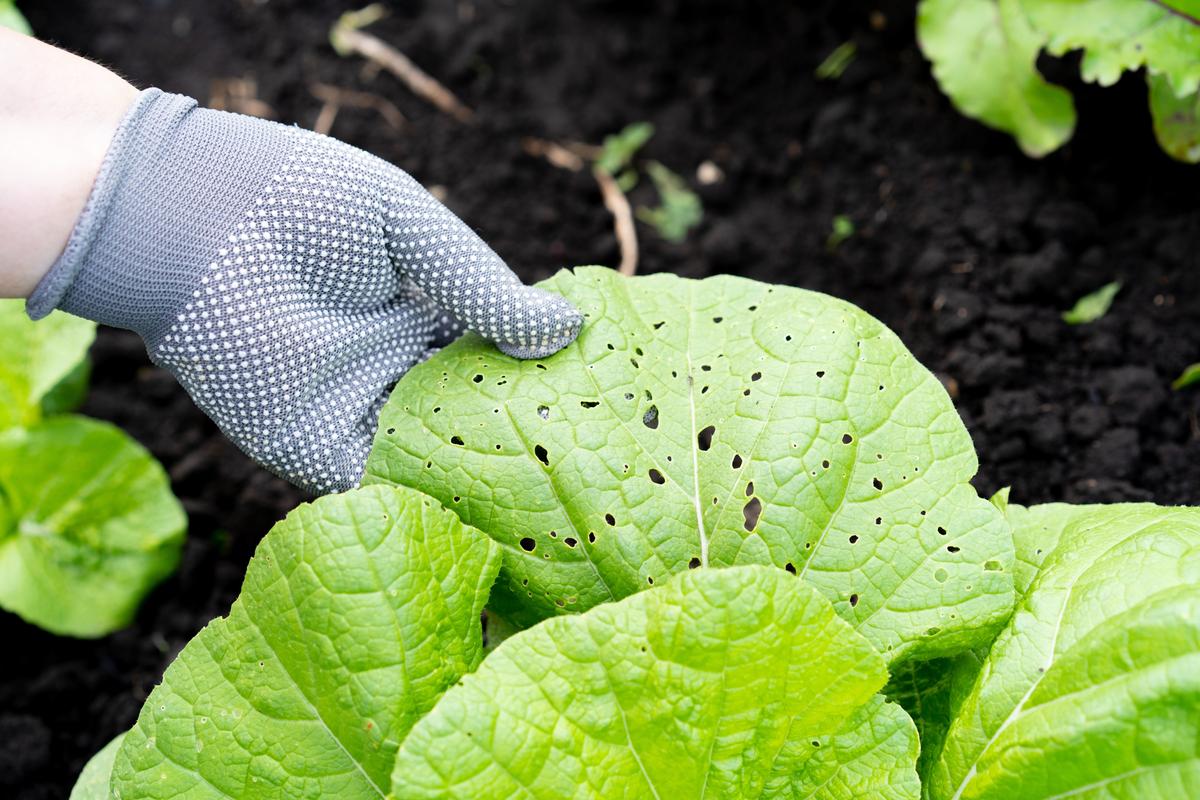Cultivating your own vegetables or tending to a row of your cherished flowers in the garden is an unparalleled experience. The appreciation for the yield, the perpetually changing hues, and the invested time and effort culminating in your backyard’s full bloom are unmatched. Yet, the dread for any gardener is the transformation of their haven into a playground for unwanted pests. Tackling Pests Without Pesticides – Sustainable Gardening
This blog delves into the realm of pest control, navigating the intricate landscape of slugs and snails. These seemingly innocuous pests pose a challenge for many gardeners, and discerning the troublesome species adds complexity. Alas, during the damper months, these gastropods can wreak havoc on your garden and its diverse plant varieties. Fear not, as we explore the various species inhabiting your garden and strategies to control them, ensuring your garden’s perpetual flourishing.
Opting for pesticides and other toxic preventatives might seem like a quick fix, but the realization dawns that these chemical interventions wreak havoc on the thriving ecosystem of your garden. While the intention might be to deter slugs, caterpillars, and fungal plant diseases, the unintended consequence often disrupts the cycle of beneficial insects such as ladybugs and lacewings, along with vital pollinators like butterflies, native wasps, and bees. The collateral damage extends beyond insects – your soil becomes a casualty of harsh chemicals, potentially stunting plant growth or exposing your garden to diseases if its overall health is compromised. For those sharing their outdoor space with children and pets, opting for natural, non-harmful methods becomes imperative.
Individuals cultivating vegetables and fruits for personal consumption likely embarked on this journey with the aspiration of fostering an organic garden-to-plate lifestyle. The allure lies in the guaranteed 100% freshness of homegrown produce, untouched by the chemicals often found in supermarket supplies. By eschewing pesticides, one ensures their harvest is not just chemical-free but also sustainable and delectably healthy. Tackling Pests Without Pesticides – Sustainable Gardening
Prevention
The primary woe for gardeners revolves around the damage pests inflict on crops. The foremost defense against these uninvited guests lies in establishing a healthy yard from initial sowing through harvest.

- Soil: Opt for an all-organic garden mix when selecting soil. A blend of coarse sand, composted pine bark, or a mix of green plant waste is ideal. Crafting your compost ensures transparency about its composition, contributing to healthier soil. A handy tip is incorporating espresso coffee grounds into your garden soil to rejuvenate areas exposed to disease and act as a protective barrier against potential plant problems.
- Tidy Your Garden Space and Clean Your Tools: Clear away plant debris like dead leaves and weeds. Remove weak, disease-infected plants, and consider Hoselink’s Extendable Rake for efficient maintenance. Avoid transplanting plants to prevent transferring pest issues. Rid plants of disease and insect larvae before moving, wiping away soil residue from tools after pruning.
- Companion Planting: Tackle pest insects with beneficial companions. Sow a diverse range of plants to attract natural predators, fostering biodiversity in your garden. Plants like basil, which repels flies and mosquitoes, and garlic, beneficial for rose gardens by deterring aphids, make excellent companions.
- Bait Method: Think of bait for slug and snail control. Iron phosphate, a naturally occurring substance toxic to both, serves as an effective treatment. It’s safe for humans and animals, but caution is crucial to avoid overuse.
Natural Forms of Tackling Pests Without Pesticides
Maintaining and monitoring garden pests has evolved over the years. Chemical pesticides and toxic solutions are unnecessary for a healthy, pest-free garden.
- Homemade Remedies for Insects: Inexpensive and natural, a concoction of garlic, onion, eucalyptus oil, salt spray, powdered chili, or citric oil diluted in water acts as a repellent. Applying this mixture on plants provides an oily protective coating, hindering pests.

- Homemade Remedy for Slugs and Snails: Espresso coffee grounds, mixed into soil or compost or used as a diluted spray, combat invasive snails and slugs. Caffeine’s potent nature dries out and disrupts the reproductive cycle of their mucus gland, rendering them incapable of survival.
- Homemade Remedies for Fungal Diseases: Evaluate the affected area before treating infected plants. Sprays, such as an apple cider vinegar mixture for shrubs and small trees, bicarbonate soda or detergent spray for mildew, and seaweed/kelp spray as a preventative measure for seedlings, offer effective solutions.
- Chickens: A natural control system for garden pests, chickens love consuming beetles and grubs. Their scratching behavior aerates the soil, preventing pest settlements. Chicken faeces are a valuable source of natural compost and a rich fertilizer.
- Physical Methods to Tackling Pests Without Pesticides: Eggshells, if available, with sharp edges mildly injure slugs and snails, preventing them from reaching plants. Fine, gritty substances like dirt or sand serve as alternatives. Hand-picking pests at night is effective, especially when aided by gloves and outdoor lighting.
- Deterring Methods: Planting herbs such as sage, rosemary, thyme, parsley, and chives deters slugs and snails. These herbs not only contribute to your garden but also enhance your culinary endeavors.
Remember…
Exercise caution with natural methods, akin to chemical pesticides. Use homemade remedies selectively, mindful of their impact on beneficial insects and pollinators. When spraying, wear protective gloves like Hoselink’s Lightweight Bamboo Garden Gloves and promptly cleanse exposed areas. For sustained garden pest prevention, reapply remedies after rainfall and seasonally top up plants with organic compost.





